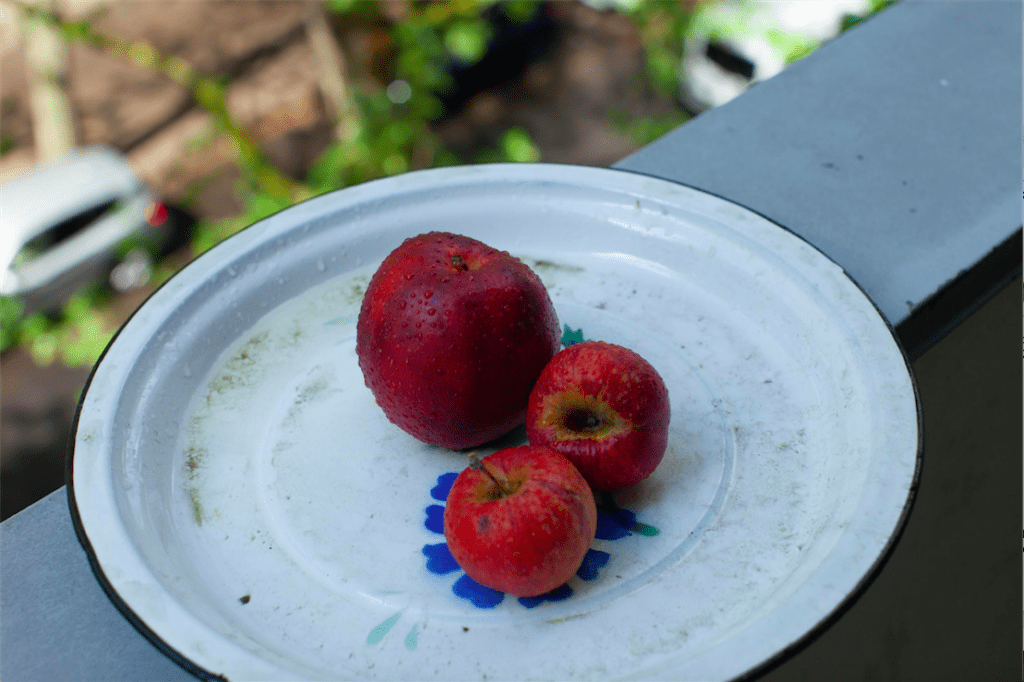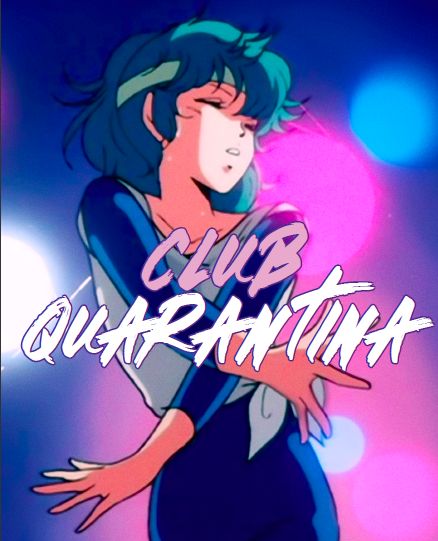CARTE BLANCHE GILLES NEIENS
CLUB QUARANTINA
by guest curator Gilles Neiens
opening Friday, July 23rd 2021, 6pm
Show: July 24th – August 21st 2021
a group show w/
AICANON & KAREN PAULINA BISWELL
LENA MARIE EMRICH
MARCO GODINHO
CONSTANTIN HARTENSTEIN
JIL LAHR
ZORA MANN
FILIP MARKIEWICZ
SIMON MULLAN
MARY-AUDREY RAMIREZ
GRIT RICHTER
FINJA SANDER
ERIC SCHUMACHER
WOLFGANG TILLMANS
Gilles Neiens:
On 11 March 2020, the World Health Organisation (WHO) officially declared the respiratory disease COVID-19 a pandemic. Gradually, more and more countries sealed themselves off and imposed curfews on their populations. The time of this first global lockdown in spring 2020 will inevitably go down in the history books as a momentous turning point.
The entire system of a globalised society was paralysed for a few weeks and then collapsed like a house of cards. According to German philosopher Jürgen Habermas, it became apparent that “(…) there has never been so much knowledge about our not knowing and about the compulsion to act and live under uncertainty.” A lot of things shifted very quickly to the virtual space, such as work, school and even sports via live video feed. Families and friends also met online and hosted parties to stay in touch. Club nights proliferated online, notably queer ‘Club Quarantine’ from which this exhibition’s title takes inspiration. “Stay Home” and “Stay Safe” became the mantra of an isolated society that was “on hold”.
Working, living and mobility patterns as well as consumption and communication habits
changed inexorably and possibly permanently. The pandemic accelerated this already ongoing structural change.
Art and culture also had to be quarantined. For many of the artists, who often live in precarious circumstances, this came as a shock and the financial losses from the numerous cancelled or postponed exhibitions, performances and concerts continue to mount. The long-term effects of the measures on us as a society and on the international art world are far from clear. According to a study published at the end of January 2021, culture in Europe has suffered more from the Corona crisis than other European economic sectors. This does not bode well! Artists are often said to have “a sense for changing moods, for fear and doubt”, which raises the question of how a cultural quarantine will be dealt with? Did unprecedented productivity follow the initial paralysis of shock and did the artists in their isolation create true “masterpieces about the crisis” as art critic Jörg Heiser hopes? Maybe they didn’t have time to create while juggling home schooling and mountains of admin as the art world turned digital? Perhaps there was even a premonition that things in general—and in the art world in particular—could no longer go on as before?
Today, however, it can already be stated that the art world by no means remained inactive.
Many artists, gallery owners or curators use the new digital ways of communication to present art. Whether in viewing rooms, streamed live tours via Instagram or podcasts: the favour of the art public was courted everywhere. Some exhibition formats were moved to shop windows or directly outdoors so that they could be experienced without the risk of contagion. In other words, a new art experience was and is possible. Much of this would probably not have happened without the pandemic.
The exhibition Club Quarantina now shows an exemplary cross-section of art and art
experiments that were created around the first lockdown 2020. With a gap of one year, this exhibition explores the question of how Corona has influenced or even changed the selected artists and their art. For the viewers at the different locations, it will be central to experience the works directly in an exhibition context and not purely virtually, as a way to confront the sometimes uncomfortable truths of this “lockdown art“. The themes are diverse and respond to social changes and their consequences, isolation and the search for meaning, humour and escapism, as well as apocalyptic fears in the face of a world that has been radically altered after Corona.


